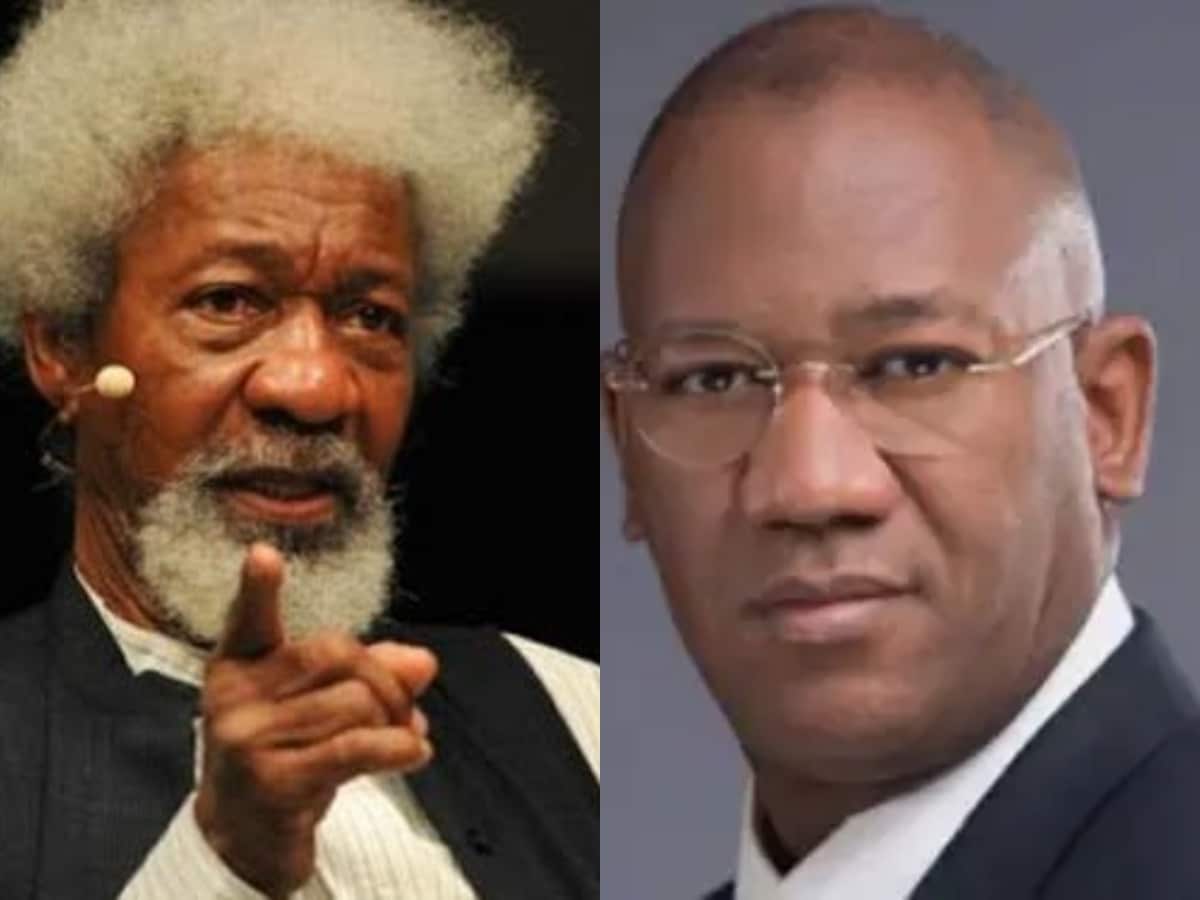The Challenges of Coalition Politics in Nigeria
In a recent interview, Datti Baba-Ahmed, the 2023 vice presidential candidate of the Labour Party, shared his insights on the formation of the African Democratic Congress (ADC) as an opposition coalition for the 2027 elections. He highlighted the significance of this development and the challenges that lie ahead if the coalition hopes to unseat President Bola Tinubu.
A Historical Context
The ADC’s formation echoes past efforts by opposition forces to unite against a ruling government. This is not the first time such a move has occurred, with notable examples from 2013-2014 leading to a victory in 2015. However, the question remains whether this coalition will be any different from its predecessors.
The narrative surrounding the ADC is that it is a necessary step to defeat Tinubu. But is this narrative accurate? Datti Baba-Ahmed points out that in 2023, the Labour Party managed to defeat both the APC and PDP in several areas without the need for a coalition. Therefore, the idea that unity is essential to defeat Tinubu is not entirely factual.
The Concept of Unity
Despite this, Datti Baba-Ahmed supports the concept of unity, emphasizing that it is encouraged in various religions, including Islam and Christianity. He believes that people should come together for a common, honorable cause that benefits Nigeria. However, he stresses that the cause must be genuine and not driven by personal ambitions.
The coalition faces skepticism, with some questioning its motives. The president has referred to it as a “gang-up,” while the APC claims it poses no real threat. Additionally, there are dissenting voices within the ADC, suggesting that the coalition may lack full stakeholder support.
The Real Issues at Stake
One of the main concerns is the lack of consistent opposition to the current administration. Datti Baba-Ahmed points to incidents like the Benue killings, Kebbi, and Plateau as examples of ongoing issues that have not been adequately addressed. He also highlights the presence of individuals who may be promoting the coalition for their own political gain rather than for the good of the nation.
He further argues that the current administration is questionable in terms of its constitutional legitimacy. While acknowledging the legal framework, he maintains that the government does not align with the constitution. He refers to it as a “junta” due to the way it has captured the Nigerian state.
Structural Challenges
The coalition’s structure is another critical issue. In previous years, figures like Buhari played a pivotal role in uniting opposition forces. However, the current coalition lacks a similar figure who can command widespread support. Datti Baba-Ahmed notes that Atiku Abubakar, while a consistent candidate, does not fit the mold of a unifying leader.
Additionally, the coalition lacks the strategic planning and resources that Tinubu has demonstrated. He has shown an ability to plan over long periods, positioning himself for success in 2023. The current coalition needs to address these structural gaps to stand a chance of challenging his leadership.
The Path Forward
Datti Baba-Ahmed emphasizes that defeating Tinubu requires more than just forming a coalition. It demands a shift from individual ambition to a collective focus on Nigeria’s interests. He calls for action rather than mere talk, highlighting the need for strategic planning and long-term commitment.
The question remains: who among the coalition members is willing to put aside personal ambitions for the greater good? The success of the ADC will depend on its ability to navigate these challenges and present a united front against the current administration.
Ultimately, while the coalition has the potential to succeed, it must address its internal dynamics and structural weaknesses to make a meaningful impact on Nigerian politics.







